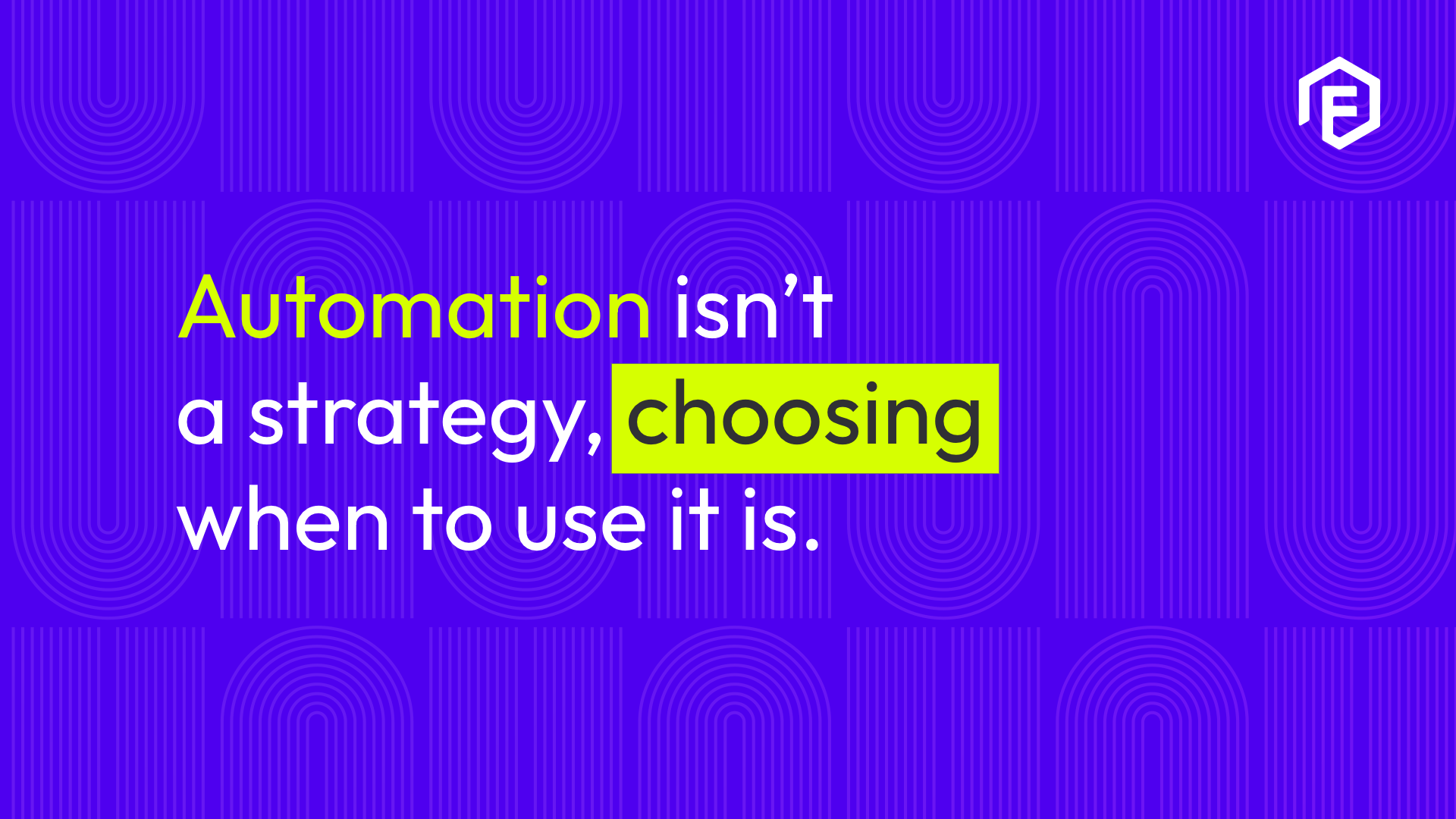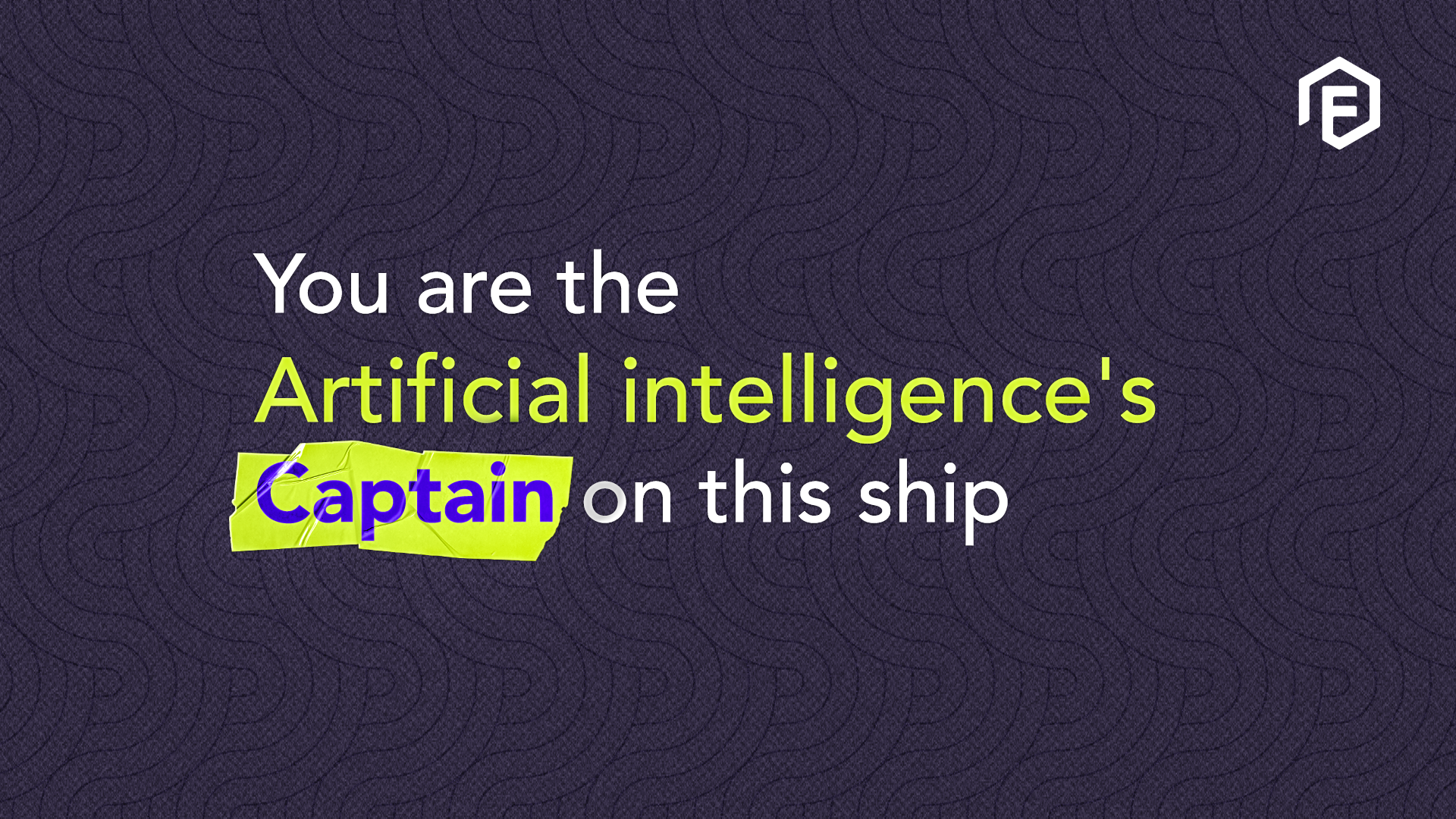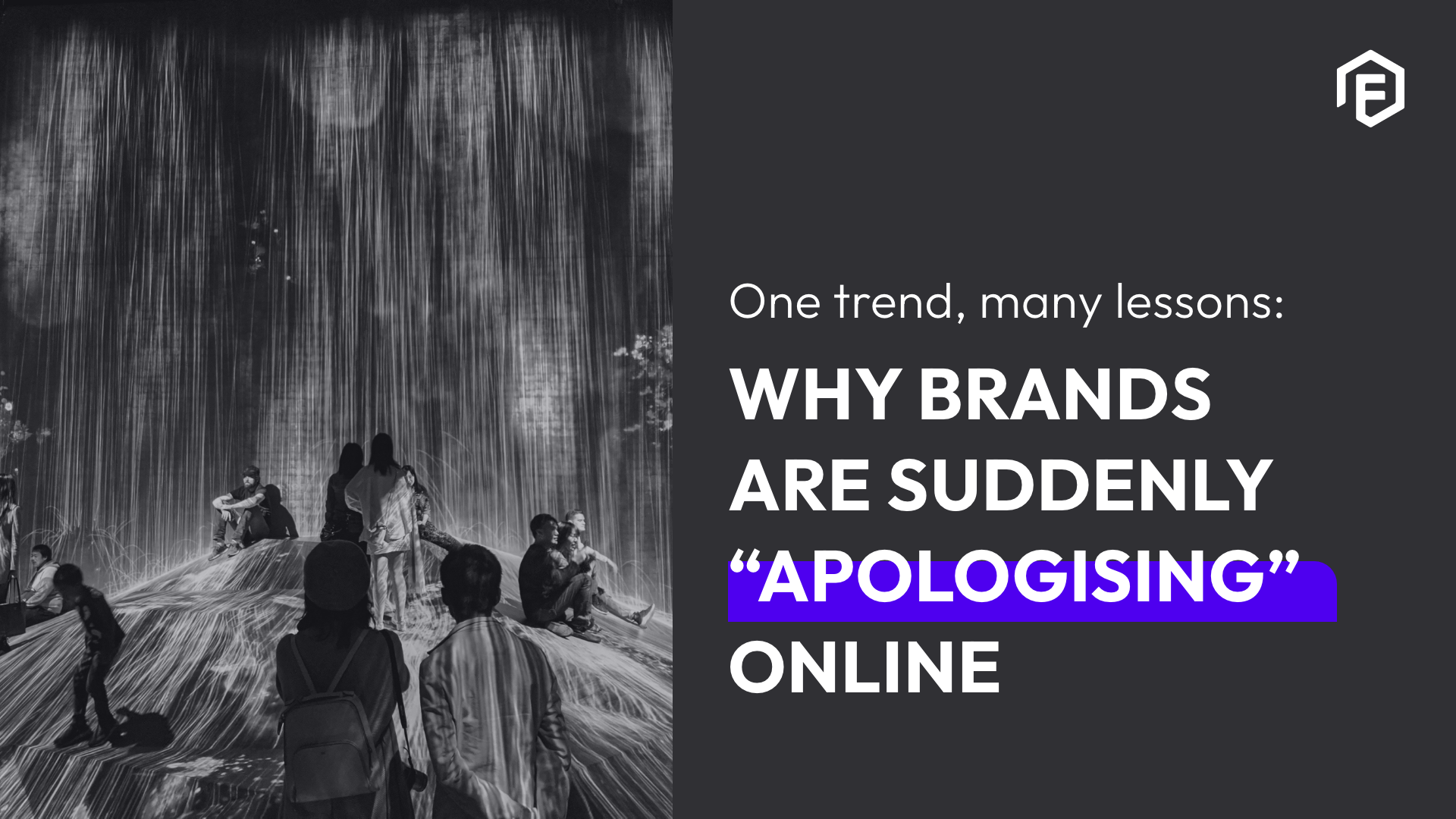On the 6 August, 1991 the World Wide Web became publicly available. This new technology introduced a completely new way of life for many. Yes, it took time for applications to be developed, but as they were, new internet users began to do life quite differently.
No longer did they have to stand in long lines to perform bank transactions, or book all air travel, hotels and the like, through a travel agency. No longer were scholars required to sit in almost complete silence, at the local library, to source information. ‘Snail –mail’ was replaced by email.
The pace at which we conducted our daily lives, both personally and in business, had picked up. With a change in pace came a change in expectation. Customers began to expect results almost instantaneously.
In addition to the World Wide Web, cellphone communication was officially launched in South Africa in 1994, by the Vodacom network. MTN was the next network to launch that same year, followed by Cell C, a few years later. The internet led to a change in the pace of life, and if that was not enough, mobile communication solidified the fact that we are not going back.
When a client is able to conduct business on the move, multitask, and meet the demands of their own clients, they expect their service providers to do likewise. “Time is money”, some people say. The pressure is on each of us, in various walks of life, and certainly in business, to deliver results, and make sure it is done quickly.
What has this to do with agency life? This pace of life, that we have become accustomed to, has a direct impact on agency life. The World Wide Web and mobile communication, has created an environment that can lead to some unrealistic expectations.
In Defiance of Happiness You may wake up some mornings knowing you will be facing some matters that have a mood-altering affect. Yes, there are multiple challenges found within an agency environment, but for now, here are just three:
A lack of clear information: It seems fairly common that clients do not necessarily provide clear information. They often lack the understanding of our environment, and they certainly have high expectations.
Multiple role players: Perhaps the person you are dealing with has a few role players on their side, making the decision-making process far more complex.
The people-factor: As stated previously, there are many challenges within an agency environment, and perhaps most of them come down to the ‘people factor’. There are five main personality groups that you’re likely to encounter almost every day, namely: extraversion, agreeableness, openness, conscientiousness, and neuroticism.
Clients: Some are agreeable. Some, perhaps, less so. They are not always going to play fair. This has the potential to demotivate us, especially as we are unable to control how a client reacts.
We can try influence, but we cannot think for them. We can control our reaction to how they think though. In Defiance of Unhappiness Yes, there are multiple books and articles that will try guide you through a sure-cure for unhappiness.
Well, this is my attempt and suggesting some tips that will help you keep your brain in high-gear, and keep the creative juices flowing. It may even lead to you becoming the next Einstein? Okay, maybe not quite, but it will certainly help you function better mentally and physically too. By taking better care of yourself, you may very well find you are able to deal better with frustrations.
So here goes: Within the agency environment, you need to be a creative person. Your brain needs to function at full throttle on most days. So, that being the case, how can you help your brain function better when dealing with some difficulties? Understanding two modes of thinking as well as obtaining better rest, creates greater capacity to deal with the unpleasant stuff.
Modes Of ThinkingFocus mode: Research has shown that adults can focus their attention for a maximum of 20 minutes. “A 20-minute chunk of time is a very useful slice of time and the productive possibilities are endless, if you can sustain your focus. The key is to know that sustained thinking takes energy, and it burns out. To address this, take breaks to recharge and renew. Five-minute breaks are a great way to stay focused.” J.D. Meier (project manager with distributed teams and productivity blogger).
Mr Meier began to explore this when a mentor alerted him to the importance of taking regular breaks when noting that the difference between people who accomplished a lot, and those who didn’t (leaving a trail of unfinished business), was focus. Focusing for shorter periods of time, with a short break (Diffuse Mode) may actually help you perform better.
Diffuse Mode Diffuse Mode is a more relaxed way of thinking. You would apply this method of thinking after focusing on something challenging for 20 minutes. You could then take a short break, perhaps think about something else or casually think through what you have just been working on. In Diffuse Mode, it’s almost like allowing your mind to wander a bit. It can be a brief five-minute break before you go back into Focus Mode. Utilizing both Focus and Diffuse Modes should help you be significantly more productive.
Are You Getting Enough Sleep? Added to these two modes of thinking, we need to be well aware that a large portion of the nation is sleep deprived. It has been recommended that adults should be sleeping seven to nine hours per night. Your brain is active during the day, and believe it or not, it remains active at night; but in a different way.
Researchers have established that during the day your brain releases neurotoxins, which hang around, until you sleep at night. It has been suggested that when you don’t get sufficient sleep, toxins remain and will do some damage to brain cells. If that alone is not bad news, there is more.
When you do not get required amounts of sleep you are faced with the following, possible, consequences:
Cognitive processes: Impairs attention, alertness, concentration, reasoning, and problem solving. This makes it more difficult to learn efficiently. Your mood is also affected. Your emotions can be all over the place.
Health problems: You are at higher risk of heart disease, Type 2 diabetes, obesity, high blood pressure, stroke and depression.
Impaired judgement: Lack of sleep can affect our interpretation of events. This hurts our ability to make sound judgments because we may not assess situations accurately and act on them wisely.
Suggestions for healthy sleeping Researchers recommend sticking to the same sleep schedule. Go to bed and get up at the same time each day. Avoid blue light that is generated from looking at cellphones, computers, and your TV. It has been said that blue light can reduce the production of Melatonin, the hormone that regulates sleep. So perhaps avoid looking at digital devices an hour or two before bedtime. For the purpose of revision, how do we set ourselves up to deal well with the challenges found in the agency environment, such as:
Alack of clear information from clients, multiple role players, and The People-Factor? Using Focus and Diffuse Modes, and adequate sleep each night, will give us significant advantage as we deal with all day-to-day demands found within the agency environment. References:
- https://medium.com/the-art-of-keynoting/the-20-minute-rule-for-great-public-speaking-on-attention-spans-and-keeping-focus-7370cf06b636
- https://beta.theglobeandmail.com/report-on-business/careers/management/how-to-focus-in-20-minute-bursts/article13327566/?ref=http://www.theglobeandmail.com&
- https://www.coursera.org/learn/learning-how-to-learn/lecture/75EsZ/introduction-to-the-focused-and-diffuse-modes
- Recommended amounts of sleep: https://sleepfoundation.org/press-release/national-sleep-foundation-recommends-new-sleep-times
- http://healthysleep.med.harvard.edu/healthy/matters/consequences/sleep-and-disease-risk.
- https://www.scientificamerican.com/article/q-a-why-is-blue-light-before-bedtime-bad-for-sleep/



